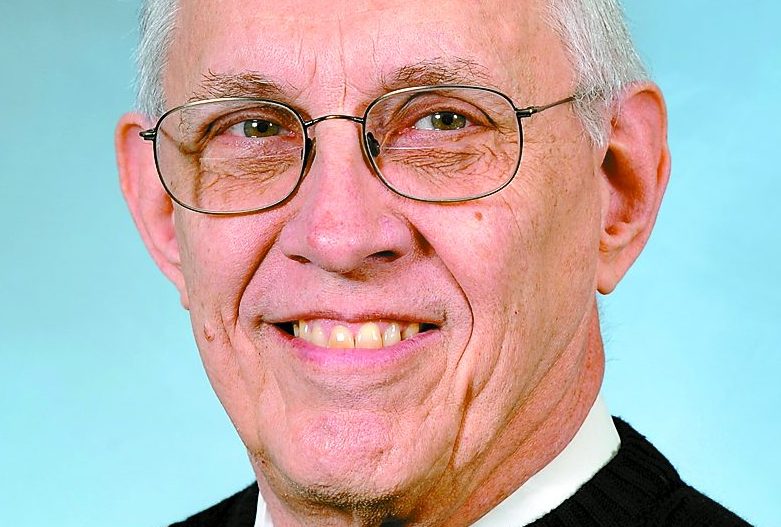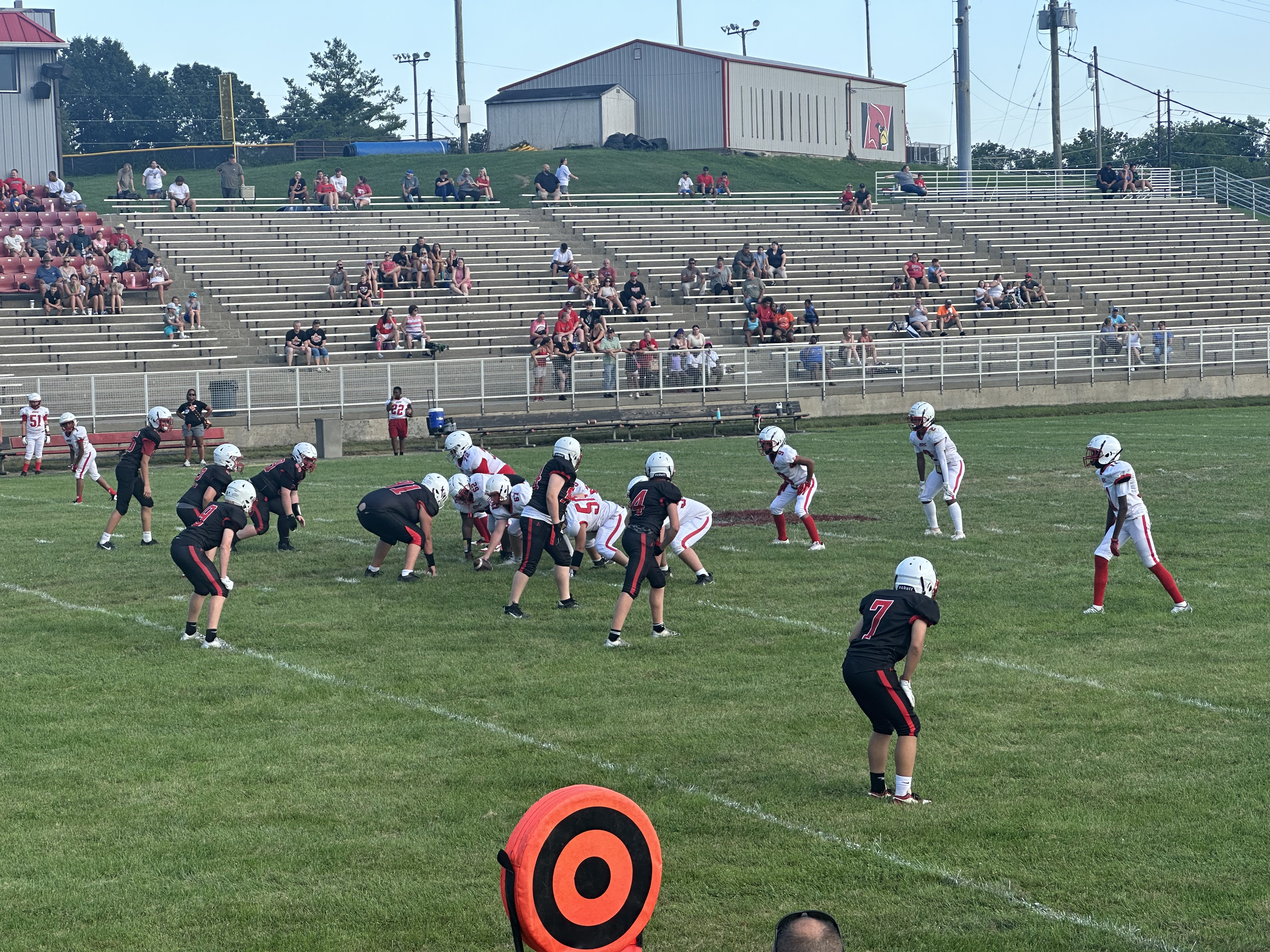Witt: Open primaries good for country
Published 9:00 am Tuesday, December 26, 2017

- Chuck Witt is a retired architect and a lifelong resident of Winchester.
In 2016 the Democratic Convention established a Unity Reform Commission. This was in response to massive voter frustration with the conflicts between supporters of the two major Democratic presidential candidates. This commission was tasked with offering recommended rule changes to the DNC ahead of the 2020 presidential primaries.
Open Primaries, a national non-partisan organization working to open primaries to all registered voters, presented over 100,000 petition signatures urging the Democratic Party to adopt open primaries before the 2020 election season.
On Dec. 9, the URC announced it would not recommend open primaries as one of its reform recommendations.
Trending
Here’s part of Open Primaries statement following the URC failure: “73 percent of Democrats (and 70 percent of all Americans) want open primaries. …the [Democratic] Party leadership…isn’t listening to[this large number of voters]. No wonder 45 percent of Americans, including 50 percent of millennials, now identify as independents. The political parties, time and time again, ignore the voters -— 26.2 million of who were shut out of the 2016 presidential primaries … The Democratic Party is not only ensuring that the 2020 presidential primaries will be as rigged against the voters as they were in 2016, but they are losing an entire generation of voters as well. The time has come to take these decisions out of the hands of the parties. The American taxpayer pays for the primaries, but isn’t in control of their own elections. What does it say about the state of our democracy when you can’t vote for who you want in America today?”
According to Politico, as of October 2016, there were slightly over 200 million registered voters in the U.S. If 26.2 million of those voters are being restricted from voting in primaries, that represents 13 percent of the electorate that is being denied participation in the democratic process. It’s difficult enough to get people to vote these days; what is the point of denying 13 percent of the electorate the opportunity?
Only 12 states have a strictly closed primary system (at the end of 2015). Kentucky was one of these states … and still is.
Voters in Kentucky can only vote in primary elections if they are either a registered Democrat or Republican (per KRS 116.050) and there appears to be no sentiment among any legislator or government official to attempt to change the system.
Why? Because the present system was established by the two major parties and is designed to shift power to them, both individually and collectively.
Many states, which have recently opted for open primaries, have done so by referenda, which have been approved by the voters themselves.
Trending
It is long past time for Kentucky to enter a new era, one of basic fairness and one which allows all voters to have a voice in all elections.
Perhaps the best way to accomplish this is for the question to be placed on the ballot. It will take the will and commitment of just a few legislators to accomplish this.
Is there a sufficient number of legislators in Kentucky with the foresight and the courage to introduce a resolution to permit such a referendum? Present circumstances suggest that the answer is no, that the current crop of Kentucky legislators are, for the most part, more concerned with maintaining their own sinecures than with making elections fair and equitable.
Frankly, they fear the power of the independents, and they want to maintain unconscionable control over the process of electing our representatives.
Chuck Witt is a retired architect and a lifelong resident of Winchester. He can be reached at chuck740@bellsouth.net.





